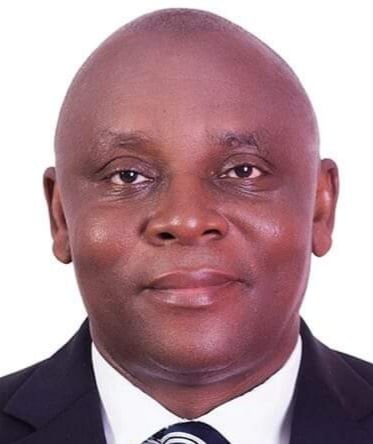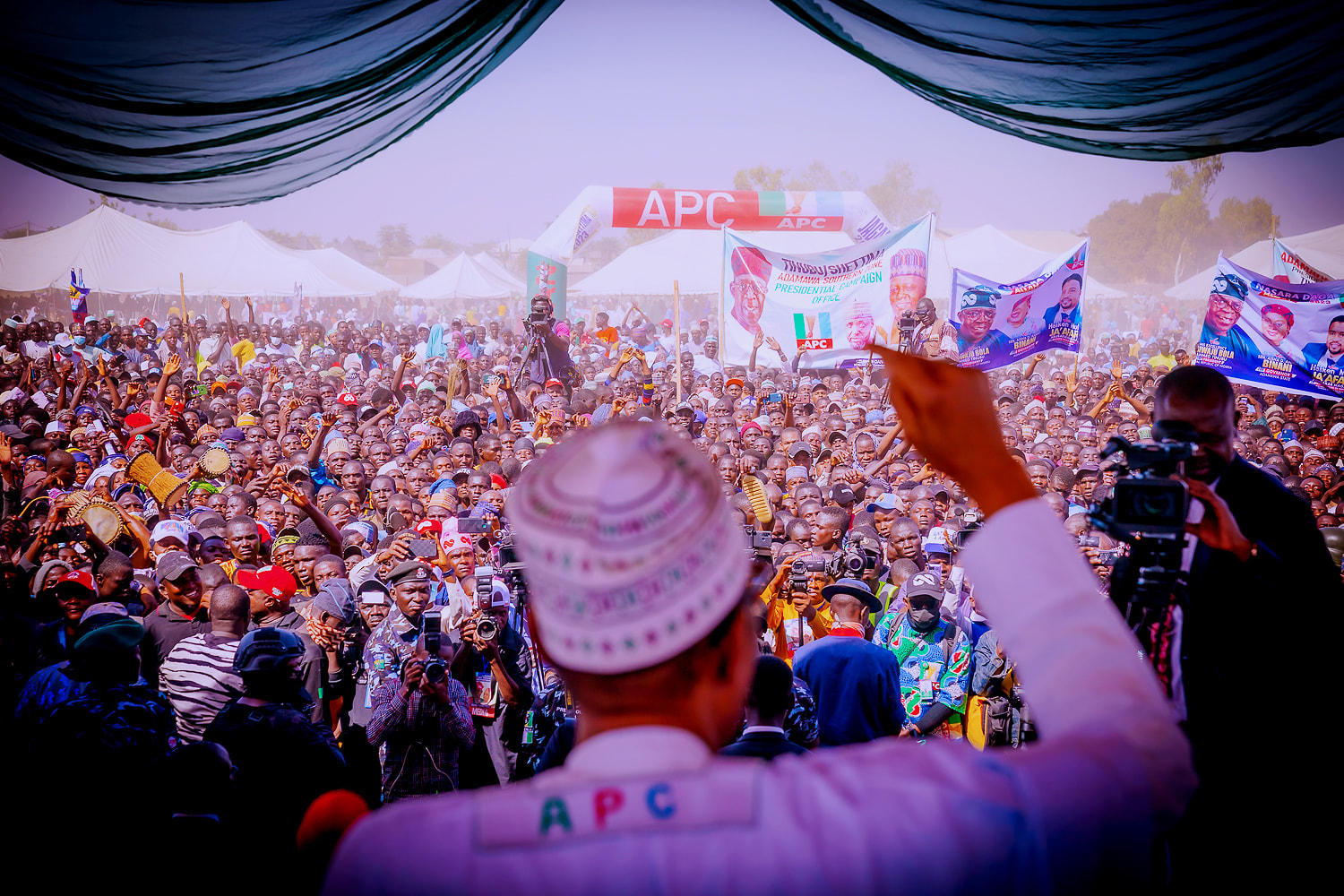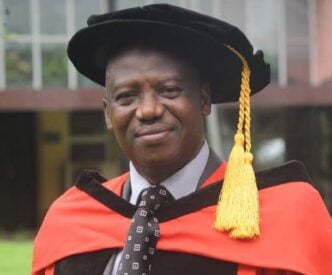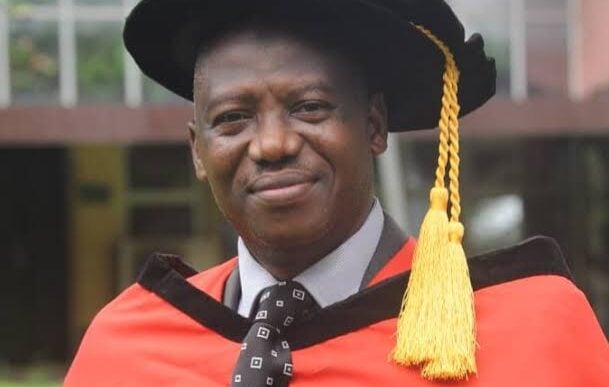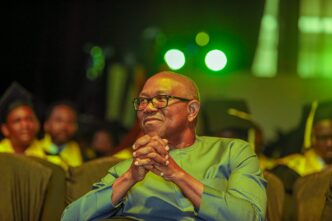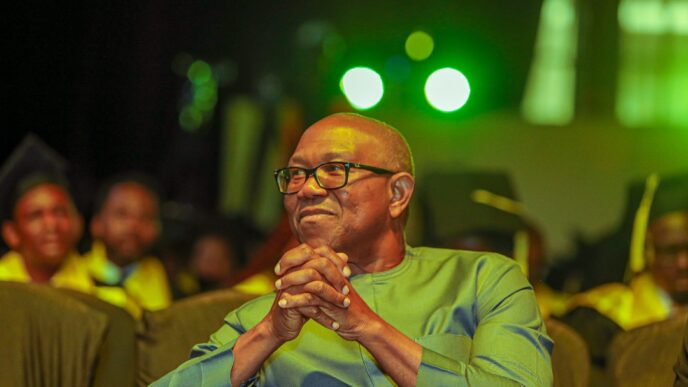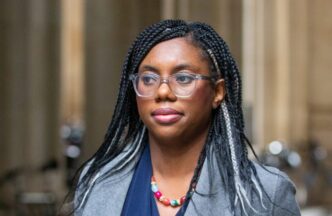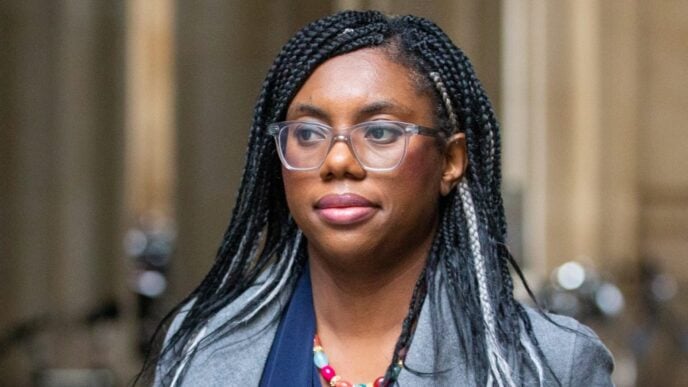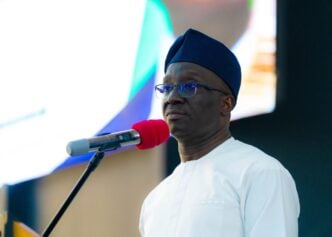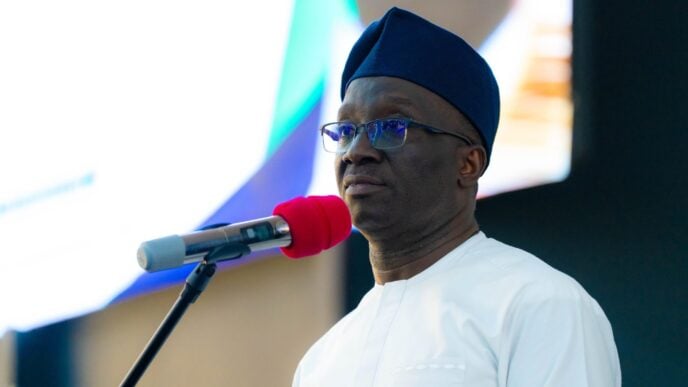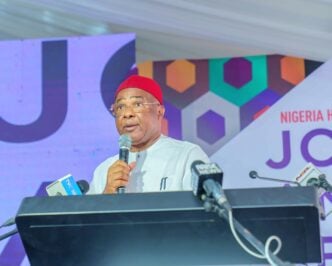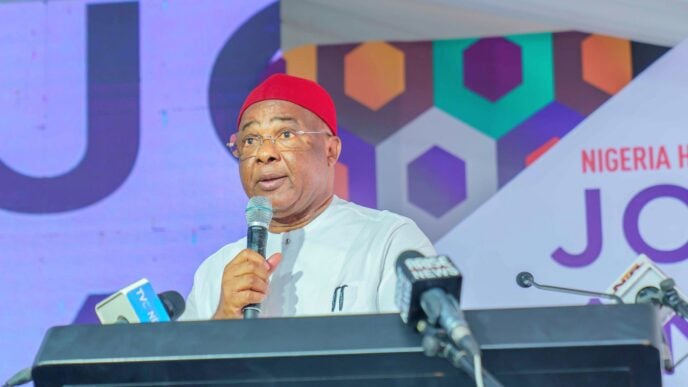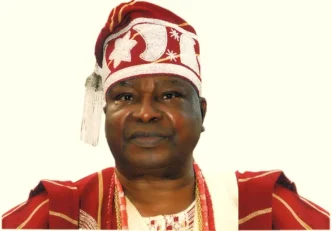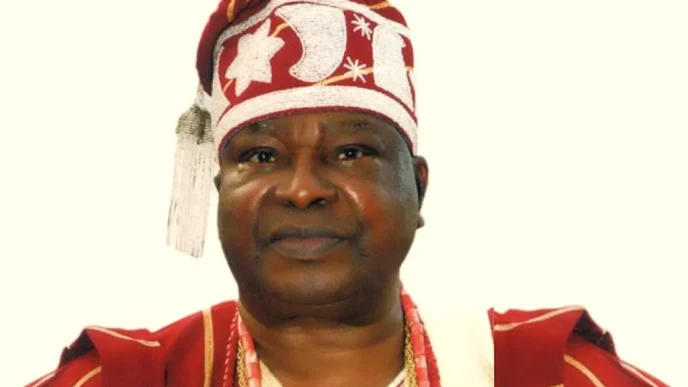With the death of President Muhammadu Buhari in early July, a huge leadership vacuum has opened up in northern Nigeria, and whoever steps into his shoes will influence the politics of 2027. Buhari was widely loved by the ordinary people of the north, with a cult-like following that gave him massive electoral advantage in the four presidential elections that he contested.
In 2003, he ran under ANPP and polled 12.7 million votes; in 2007, he garnered 6.6 million votes as ANPP presidential candidate; 12.2 million votes as CPC candidate in 2011 and 15.4 million votes as APC candidate in 2015, thus defeating President Jonathan, who scored 12.8 million votes. I should mention that the 2007 election, conducted by Maurice Iwu as INEC chairman, has been adjudged as one of the most massively rigged polls of the Fourth Republic, so much so that even President Umaru Yar’Adua, who emerged winner, publicly acknowledged how flawed it was. It’s therefore not a surprise that Buhari’s vote was reduced to 6.6 million in 2007.
The last time Northern Nigeria had such an influential and charismatic leader was between 1954 and 1966 in the person of Dr. Ahmadu Bello, the Sardauna of Sokoto, who was the Premier of Northern Nigeria. Sir Ahmadu Bello was well-loved by the people of Northern Nigeria for several reasons. He played a crucial role in modernising and unifying the diverse people of the region, promoting a sense of brotherhood and unity across the region. His leadership characteristics were a blend of religious, traditional, and modern values, which resonated with the people of Northern Nigeria.
He was known for his selflessness, purposeful direction, and dedication to the people, and implemented various development projects. They include Ahmadu Bello University, founded in 1962; Northern Nigeria Development Corporation, established to promote economic growth and development. Sir Bello also established Bank of the North to provide financial services; Broadcasting Company of Northern Nigeria to promote information dissemination and entertainment in the region. In addition, the Sardauna also prioritised education, cultural and religious harmony and travelled extensively across the north to meet the people and assess their needs and concerns. He was responsible for the enlistment of many young boys in the north into the Nigerian Army. Overall, Sir Ahmadu Bello’s legacy is a testament to his vision for a united, developed, and prosperous Northern Nigeria.
Advertisement
Buhari’s popularity in Northern Nigeria was due mostly to intangible attributes, primary among them being his reputation as a straightforward and no-nonsense leader, which appealed to many northerners who value integrity and strong leadership. The former president, widely known as Mai Gaskiya (Hausa word for an honest person), was also admired for his anti-corruption stance and love for the ordinary people. Despite having occupied important positions like Governor of the North Eastern State (August 1, 1975 – Feb 3, 1976); Minister of Petroleum (1976 – 1978); Military Head of State (January 1984 – August 1985) and Chairman of Petroleum Trust Fund (1995 – 1998) before he became President (2015-2023), Buhari was not known to have corruptibly enriched himself. As President, Buhari resisted pressures to remove petrol subsidies because he did not want the ordinary folks to be hurt. His administration also pursued many social welfare programmes that targeted the poor in the society. These also explain why he was so popular among northerners.
Now, Northern Nigeria is earnestly searching for another towering and influential rallying force – a man of integrity and moral uprightness – to provide political and moral leadership and fill the void left by Buhari’s death. So far, a few names like Abubakar Atiku, Rabiu Musa Kwankwaso, Nasir el-Rufai and Aminu Tambuwal have been mentioned as a possible replacement to Buhari as a northern leader of immense populist appeal. But does any of them fit the bill? Atiku would easily have emerged as such a leader, but his peculiar kind of politics has diminished his standing in the eyes of the ordinary northerner. He’s not as Spartan as Buhari, and many believe that he does not even come close in the scale of transparency.
Kwankwaso is very influential in Kano and is liked in some parts of the north. Although his Kwankwasiya Movement is present in all of the 19 states, his romance with almost every administration since he left the Obasanjo administration as defence minister portrays him as one who easily puts self-interest above his acclaimed populist agenda. The Kano politician is currently in talks with the Tinubu administration for a possible cabinet position (some say he wants to be defence minister) or running mate with the president in 20207.
Advertisement
Nasir el-Rufai is your typical tragic hero of the Fourth Republic. Brilliant, well-spoken and strategic in thinking, the former Kaduna governor has lost his standing in public perception. Some of his utterances, filled with bigotry, ethnic extremism and religious intolerance, have caused considerable concerns across the nation. I understand that the security report that torpedoed his ministerial nomination in July 2023 was so damning that even the president who nominated him was visibly aghast when he later read the report.
Without a clear rallying figure in the north, Buhari’s traditional 12 million voters will split their support among the various presidential candidates as it happened in 2023, and this is why Atiku Abubakar believes that 2027 may just be his best chance to become president, especially given President Tinubu’s dwindling approval rating in the north. Tinubu has been steadily demonised by some Northern politicians, some of them APC members, for his appointments, which they claim have not favoured the north and economic reforms, which they claim have deepened the poverty crisis up there. Frankly, the North has been jolted by Tinubu’s audacious appointments.
Never before in the history of this country have such ‘’juicy’’ positions like FCT Minister; CBN Governor; IG; Chief of Army; Minister of Petroleum; Minister of Finance, traditionally held by northerners in previous administrations, been given to southerners at the same time. People like Senator Ali Ndume are angry that the president has taken these important positions from the north, introduced a new tax regime and other reforms and delayed in tackling insecurity. For these, they claim that President Tinubu does not deserve a second term. The fight for 2027 is shaping up to be a North-South confrontation.
While Atiku is warming up to mop up much of the 12 million votes in the north, the president’s strategists are countering that by coaxing the eight non-APC governors in the south to defect to the governing party to help bolster his reelection. Umo Eno of Akwa Ibom and Sheriff Oborevwori of Delta have already joined the president’s party, while Ademola Adeleke of Osun and Duoye Diri of Bayelsa are next in line and may join before the end of 2025. Enugu’s Peter Mba; Anambra’s Soludo and Abia’s Otti are showing reluctance because of possible backlash from voters, but they have openly vowed to support the president.
Advertisement
There are, however, a few unknown factors such as the character of the new INEC chairman that will be named in November; the fate of Vice-President Shettima and the health of the Nigerian economy that will also shape the outcomes of the 2027 elections. But for now, the scramble for Buhari’s 12 million votes continues.
Views expressed by contributors are strictly personal and not of TheCable.
